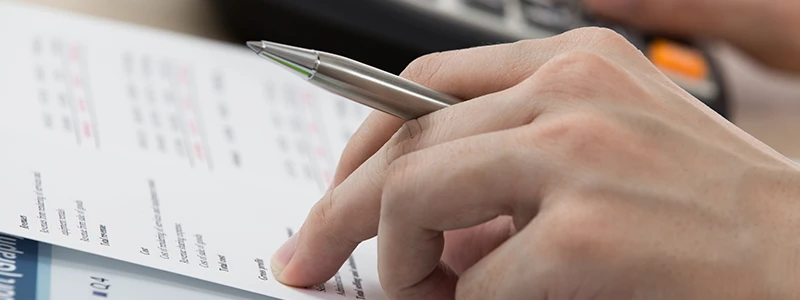How to become a Property Economist

Property economists provide advice about the administration, development and use of land and property such as office buildings, shopping centres, blocks of flats, subdivisions, factories, hotels, resorts and farms. Property economists may specialise in certain property sectors (including industrial, commercial, retail, hotels and rural areas) or in property research or property investment analysis.
Personal requirements for a Property Economist
- good communication and presentation skills
- leadership qualities
- aptitude for mathematics and computers
- sound judgment and analytical skills.
Duties & Tasks of a Property Economist
Property economists:
- Advise on the best method of sale (such as leasing proposals or purchase of property) and improvements in property presentation
- Arrange the sale of properties
- Advise on the leasing of new premises and negotiate with landlords, determining space requirements, the best geographical location and the costs involved
- Develop and implement marketing strategies for investment properties and negotiate with tenants
- Collect and research information about properties and write comprehensive reports
- Prepare feasibility studies, carry out market research, evaluate the risks and returns of property developments, and manage projects
- Advise on property investment, and on achieving the best return for an investment property or group of properties.
Working conditions for a Property Economist
Property economists may coordinate a team of professionals for a property project. This may include accountants, architects, engineers, quantity surveyors, financiers, builders, real estate agents and property marketers.
Is the information on this page correct? Request update
Request Information Update
Related careers



